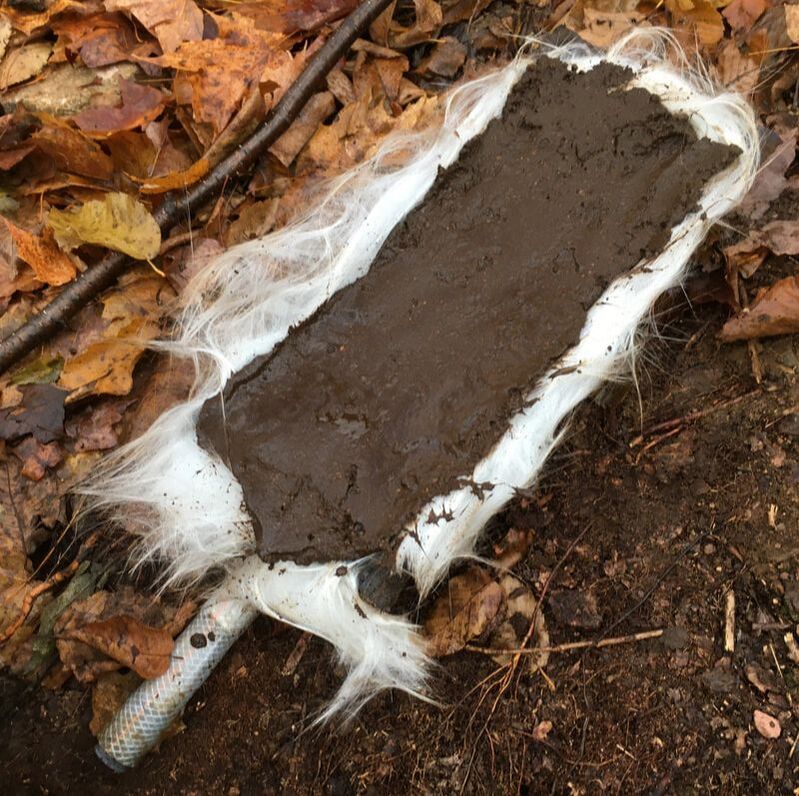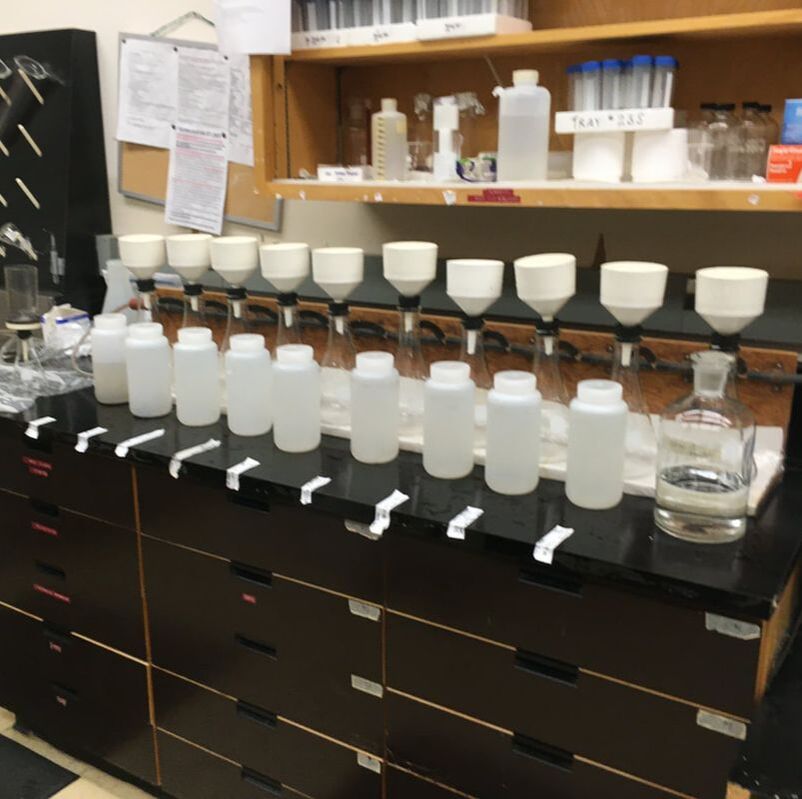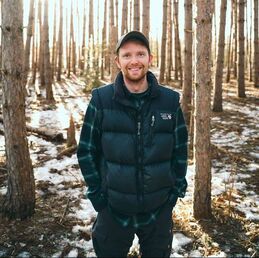forWater Webinar
Friday February 10th at 1-2pm ET
Legacy effects from forest harvesting on phosphorus transport dynamics
Evaluating changing source availability and source channel connectivity
Will Fines, Master's Candidate, University of Waterloo
Webinar description:
Forests are a critical water supply region globally, which are increasingly threatened by natural and anthropogenic disturbances. Climate exacerbated disturbances such as wildfires, are of particular concern as they alter hydrologic and biogeochemical cycles that increase the transport of sediment and associated nutrients, such as phosphorus, to stream networks. Forest harvesting has been proposed as a potential source water protection strategy that lessens fuel loads and reduces wildfire risks. However, this strategy needs to be adopted with caution as forest harvesting can also increase phosphorus transport to streams.
This study evaluates the immediate and legacy impacts of multiple forest harvesting strategies on phosphorus transport dynamics within hardwood dominated, Canadian Shield headwater catchments at the Turkey Lakes Watershed. Additionally, the physical processes (i.e., source channel connectivity and source availability) in a legacy clear-cut and control catchment were evaluated.
This webinar will discuss the study results that showed that harvesting significantly increased stream phosphorus concentrations, however these differences were often small and inconsequential in practice. This study also evaluated harvesting impact on source channel connectivity and phosphorus source availability showing limited impact. The approach used in this study shows how evaluating the physical processes that control water quality is useful for informing land management decisions that support source water protection.
Forests are a critical water supply region globally, which are increasingly threatened by natural and anthropogenic disturbances. Climate exacerbated disturbances such as wildfires, are of particular concern as they alter hydrologic and biogeochemical cycles that increase the transport of sediment and associated nutrients, such as phosphorus, to stream networks. Forest harvesting has been proposed as a potential source water protection strategy that lessens fuel loads and reduces wildfire risks. However, this strategy needs to be adopted with caution as forest harvesting can also increase phosphorus transport to streams.
This study evaluates the immediate and legacy impacts of multiple forest harvesting strategies on phosphorus transport dynamics within hardwood dominated, Canadian Shield headwater catchments at the Turkey Lakes Watershed. Additionally, the physical processes (i.e., source channel connectivity and source availability) in a legacy clear-cut and control catchment were evaluated.
This webinar will discuss the study results that showed that harvesting significantly increased stream phosphorus concentrations, however these differences were often small and inconsequential in practice. This study also evaluated harvesting impact on source channel connectivity and phosphorus source availability showing limited impact. The approach used in this study shows how evaluating the physical processes that control water quality is useful for informing land management decisions that support source water protection.
|
Biography
Will Fines will defend his Master’s thesis on January 30, 2023 in the department of Geography and Environmental Management at the University of Waterloo. His research focuses on evaluating the impacts of legacy forest harvesting on phosphorus transport dynamics to better understand the suitability of forest harvesting as a source water protection strategy. Will completed his undergraduate degree in Water Resources Engineering at the University of Guelph in 2018. His previous work experience has included environmental monitoring with the Alberta Biodiversity Monitoring Institute, atmospheric monitoring in Alert, Nunavut with Environment and Climate Change Canada and hydrologic monitoring with the Dorset Environmental Science Center. |






